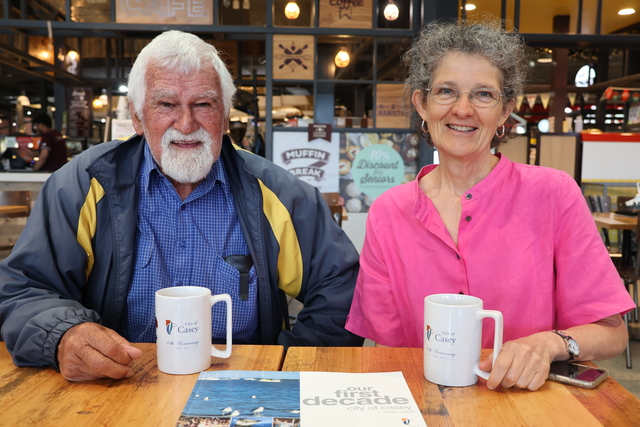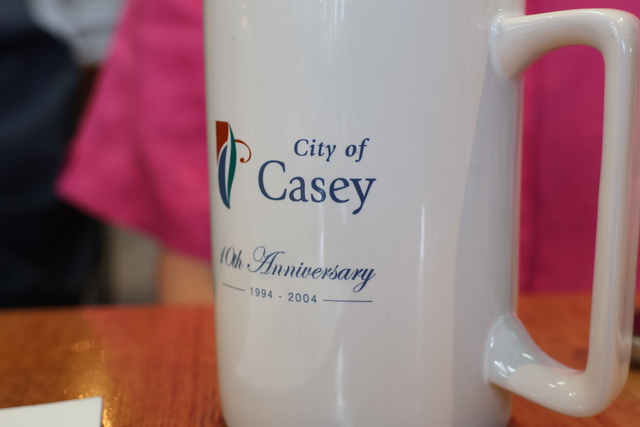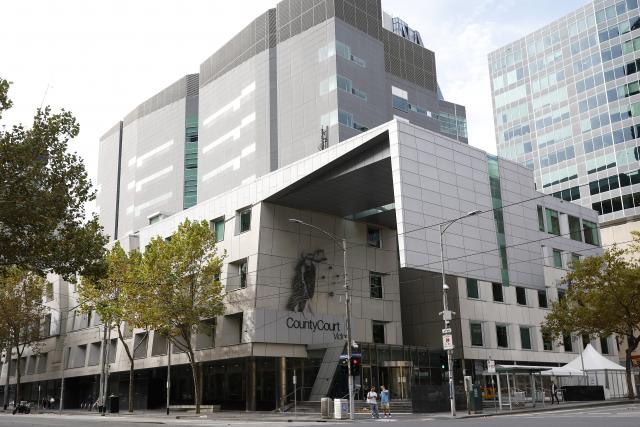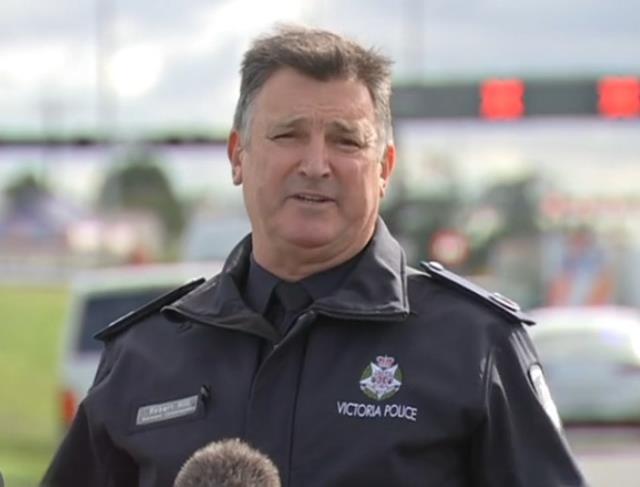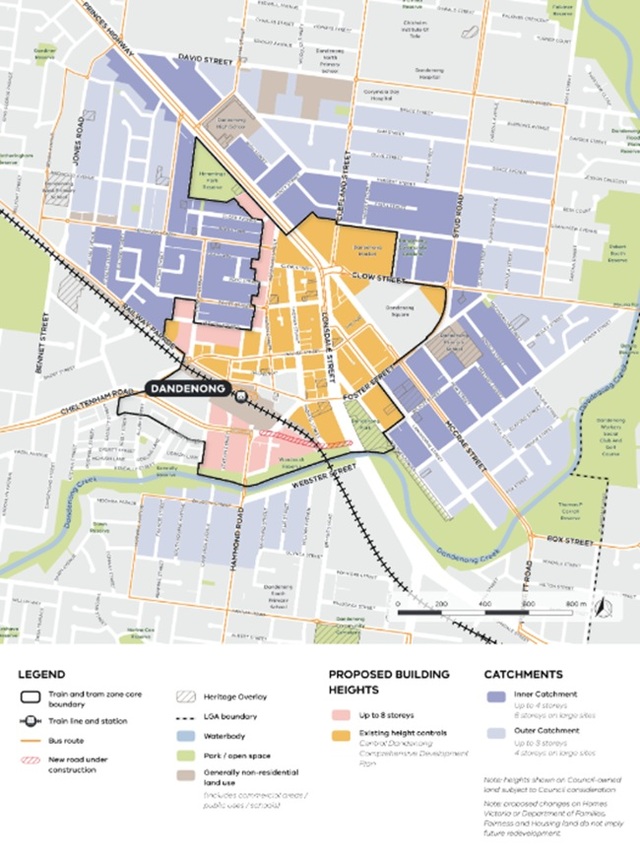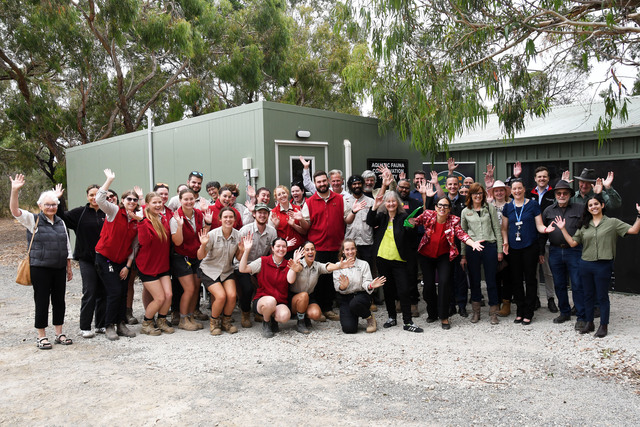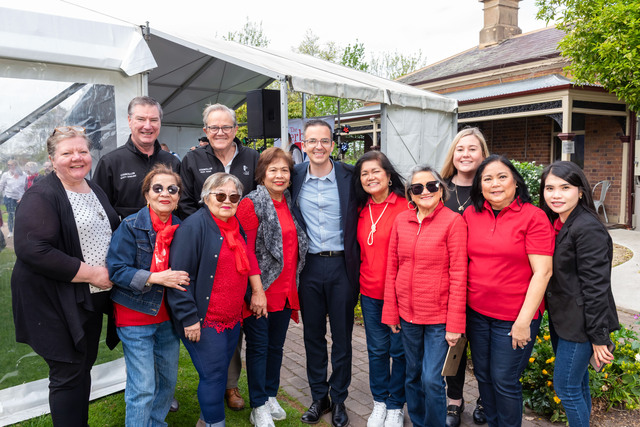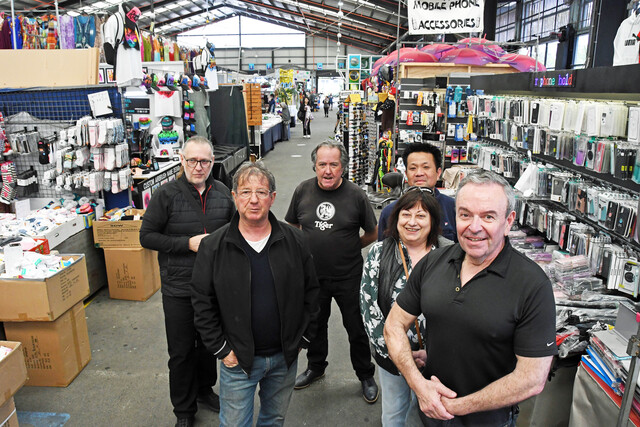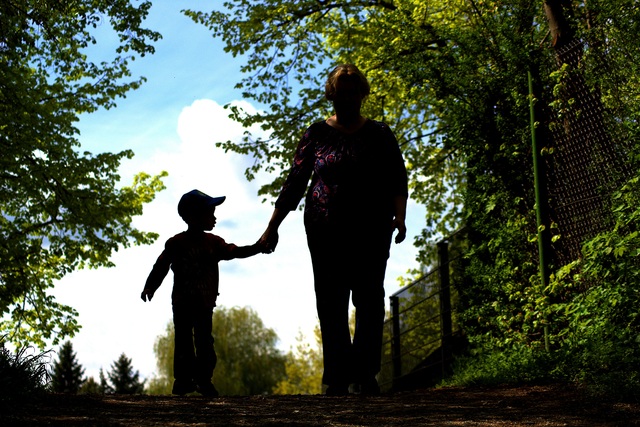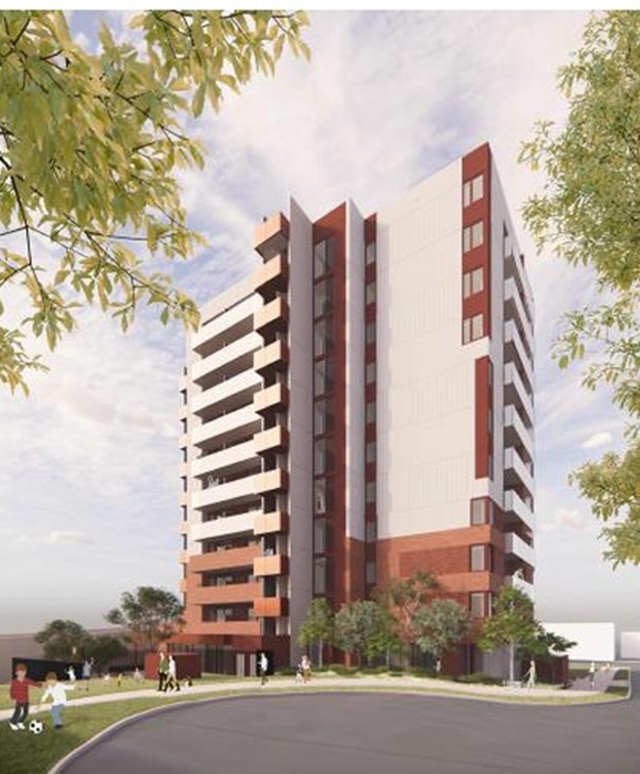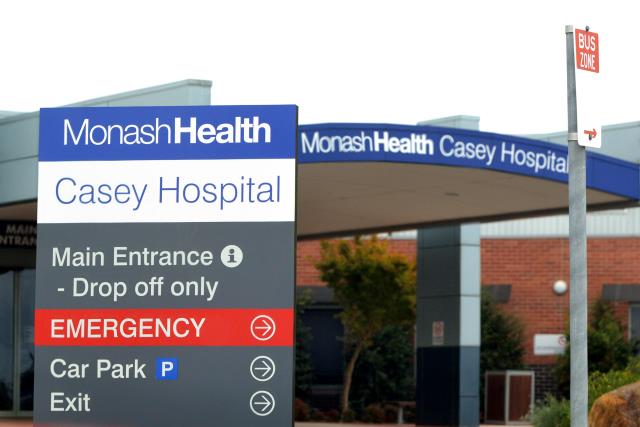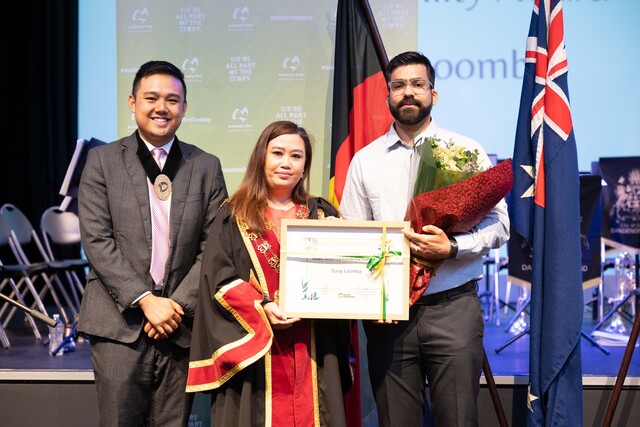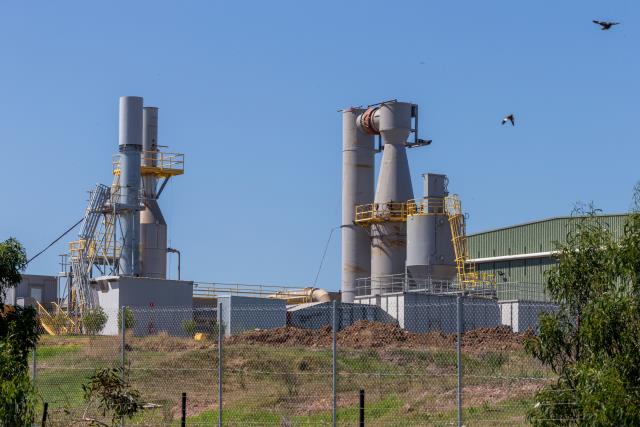History is made of changes, trivial or significant.
As the City of Casey had its 30th anniversary on Sunday 15 December, Star News talked with former councillors to look back at the changes across the land.
For Casey’s longest-serving councillor and the first mayor Wayne Smith, the scale of the empty lands and farmlands in the south side turning into developments has been striking, but it also epitomises the tensions behind every change.
“There’s still rural land, but it’s disappearing,” he said.
“And those who want to keep it are struggling because of all the land tax and all the things the government wants them to develop. They want more housing out here.
“And on the other hand, there’s also a lot of restrictions on them getting rid of them. There’d be a lot of farms that want to subdivide, and they’ve got all those restrictions.”
The influx of migrants has been another noticeable change for Casey, and Wayne recalled that it was in the first decade that the new arrivals went down to Cranbourne and Clyde.
“I love Casey because it’s multicultural, to be honest, that’s to be the best thing that happened. Some people don’t agree, but I think it’s been a good thing,” he said.
“We’ve got a multitude of restaurants, and all nationalities are playing sports. They’re all doing music. Our schools are doing well because they’re so multicultural.”
Moving north to Berwick, Rob Wilson, who served on both Berwick and Casey councils for 19 years including as Casey’s mayor, said the township of Berwick had also changed in the past 30 years.
“There’s been lots of residents over the years battling to try and retain the character. But the trouble was people were moving out towards Berwick and Berwick South, and that sort of forced change,” he said.
It was not really the amalgamation of the two cities that led to the change, but more of the pressure of the growth and development, Rob said.
Changes in one’s eyes may not be the case in the others.
For the former chief executive officer of the City of Berwick and ex-mayor of Casey, Neil Lucas, the old Berwick township where he and his wife had been residing since 1969 hasn’t changed much.
“The feel for us hasn’t changed. And one of the main reasons for that is the town planning,” he said.
“I often say the difference between the Berwick township and the Cranbourne township is quite stark. And the reason for that is that the council in the 1970s said we wanted to keep the Berwick township compact, so they put an end to the main street at each end.
“The length of the township on the hill remained the same. And to me, the township on the hill and that character, albeit there are different shops and whatever, we’ve still got the old pub and the old post office and the old racquetball.
“To me, the changes that have occurred haven’t been to the detriment of the character of the town.”
For Neil, the change has come more in the way the local government functions after the Casey Council was first formed in 1994.
“All the new councils, generally speaking, started a new era of local government. And some will say that’s for the better. Some will say that’s for the worse. Some say that the old councils were closer to the people and more in tune with what people wanted than the new ones,” he said.
These days, councils are taking on more and more, Neil believed.
“They need more and more rights to do more and more. I think it’s gone a bit far,” he said.
“Community members now just have an expectation from the council. I still don’t want to pay more rates, but they have an expectation that the council will do everything.
“There is less volunteerism in our society. And in the good old days, that’s how you got things done. You raised money and you got things done.
“When I was a young fella, the footy ground up here in our street needed drainage. So we did it on our own. Nowadays, the council does all of that at our cost, our rates.
“Things have changed, and it’s a bit overdone now in my view. There’s just too much provided.”

